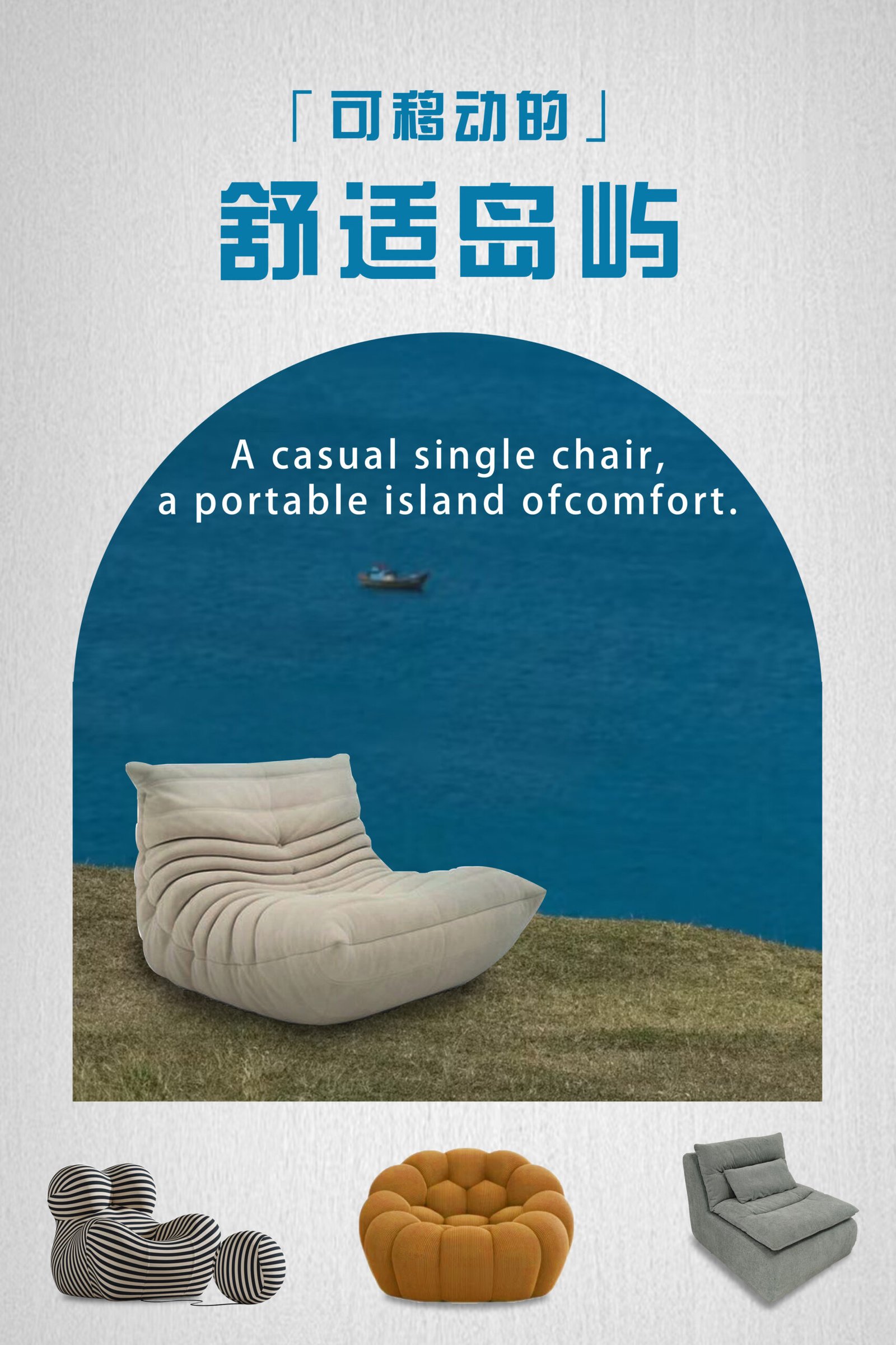
Worried your sofa won’t survive the journey from warehouse to home?
Compression sofas are carefully packed using specialized technology, protective materials, and compact design to ensure safe delivery, minimal damage, and easy handling.
From advanced compression machines to eco-friendly wrapping and space-saving boxes, each step in the packaging process is crafted to reduce size without sacrificing safety. Let me walk you through it.
What materials are used to package a compression sofa?
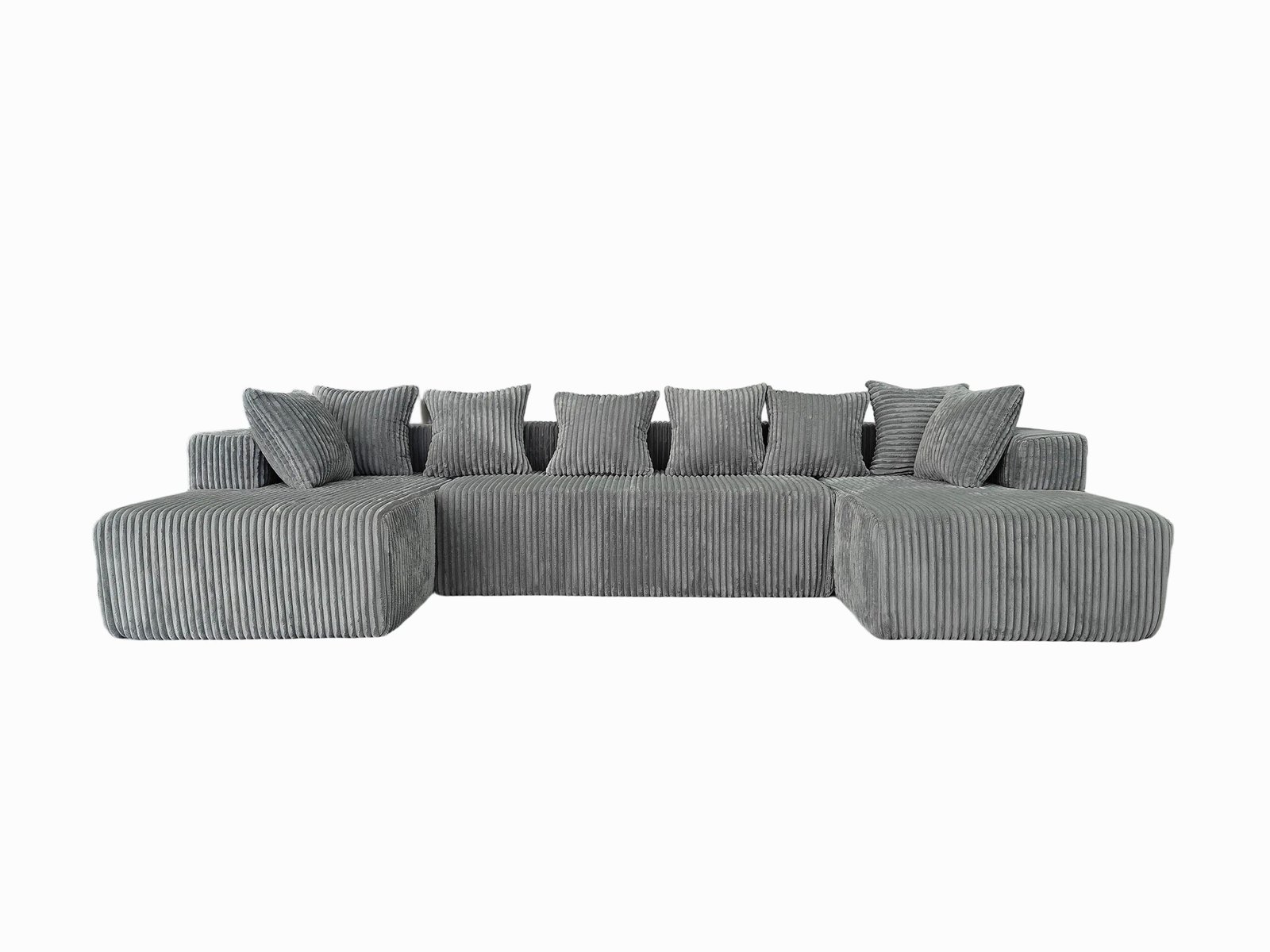
You can’t just stuff a sofa in a box and call it a day.
Packaging a compression sofa requires plastic film, foam padding, sturdy cardboard, and reinforced edge protectors to keep it secure during transport.
Breakdown of Packaging Materials:
| Material | Function |
|---|---|
| Plastic Film | Moisture barrier and shape retention |
| Foam Sheets | Shock absorption and surface protection |
| Corrugated Box | Structural support and stackability |
| Corner Protectors | Prevents dents and impact damage |
| Straps/Tape | Keeps all elements tightly secured |
At HSM, we choose recyclable and durable materials to balance safety with sustainability.
What are the packaging steps for a compression sofa?

Efficient packaging is a choreography of timing, tech, and precision.
The compression sofa goes through multiple stages: from compression to wrapping, padding, boxing, sealing, and labeling.
Step-by-Step Process:
-
Compression
The sofa is compressed using hydraulic or pneumatic equipment, reducing its volume by up to 70%. This makes the unit compact for shipping. -
Plastic Wrapping
A tight plastic wrap is applied immediately to retain the compressed shape and prevent dust or moisture entry. -
Foam Layering
High-impact zones like corners and edges are padded with PE or PU foam to absorb shocks. -
Boxing
The sofa is placed in a custom-fit corrugated box that matches the new dimensions. It prevents shifting during shipping. -
Reinforcement
Corner protectors and straps are added to strengthen vulnerable points. -
Sealing & Labeling
The box is taped with industrial adhesive and labeled with orientation icons (“This Side Up”, “Fragile”), handling instructions, and product details.
Each step ensures that your sofa arrives intact—no matter how far it travels.
What technology compresses the sofa?
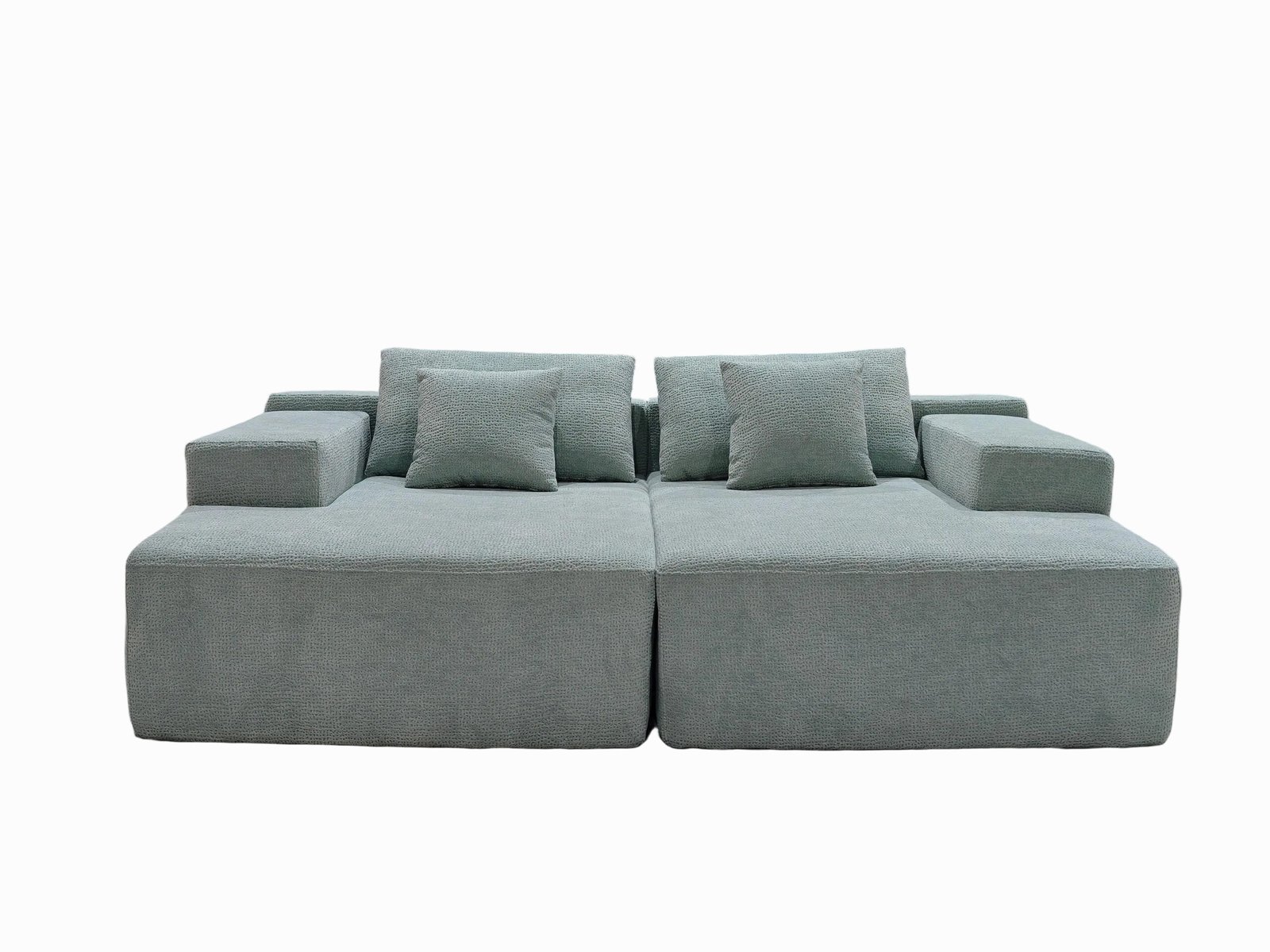
Sofas aren’t magically smaller—there’s heavy-duty tech behind it.
Industrial-grade compression machines use controlled pressure to flatten the foam and collapse air pockets without damaging the sofa’s structure.
At HSM, we use:
- Hydraulic press tables for stable compression
- Pressure calibration sensors to protect frames and cushions
- Auto-wrap systems that maintain compact shape post-compression
This process reduces airspace inside packaging—cutting down on both volume and shipping cost.
What are the typical dimensions of a compressed package?

Wondering if the box will fit through your front door? You’re not alone.
A compressed sofa package is designed to pass through tight entries, elevators, and small storage spaces.
Common Compressed Dimensions (for a 3-seater):
| Measurement Type | Compressed Sofa (approx.) |
|---|---|
| Length | 120–160 cm |
| Width | 70–90 cm |
| Height | 50–70 cm |
| Weight | 25–40 kg |
Note: Dimensions may vary based on model size, foam type, and design features.
How are safety and protection ensured?
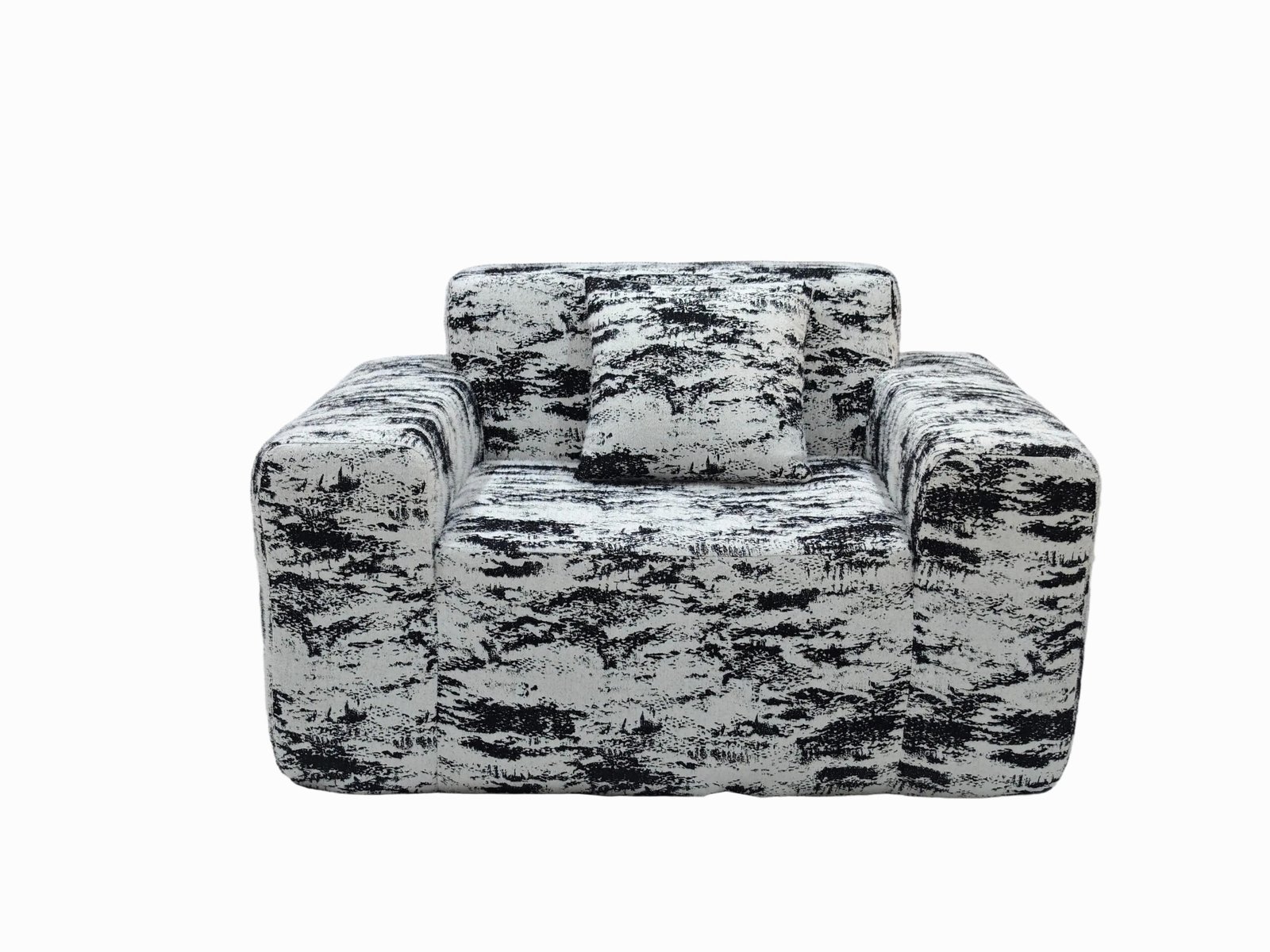
No one wants a damaged sofa—especially after waiting two weeks for delivery.
Packaging uses foam, reinforced corners, water-resistant wraps, and “impact test zones” to ensure the sofa arrives undamaged.
Key Protection Strategies:
- Anti-shock foam layers for internal padding
- Edge guards to avoid crushing or tearing during stacking
- Double-wall boxes for added durability
- Waterproof outer film for international shipping protection
- Static-free wrap for sofas with electronic components (e.g. recliners)
We’ve run impact simulations at HSM to test how much vibration and tilt each package can handle. Our standard holds up to 3-meter drop conditions.
Is the packaging environmentally friendly?
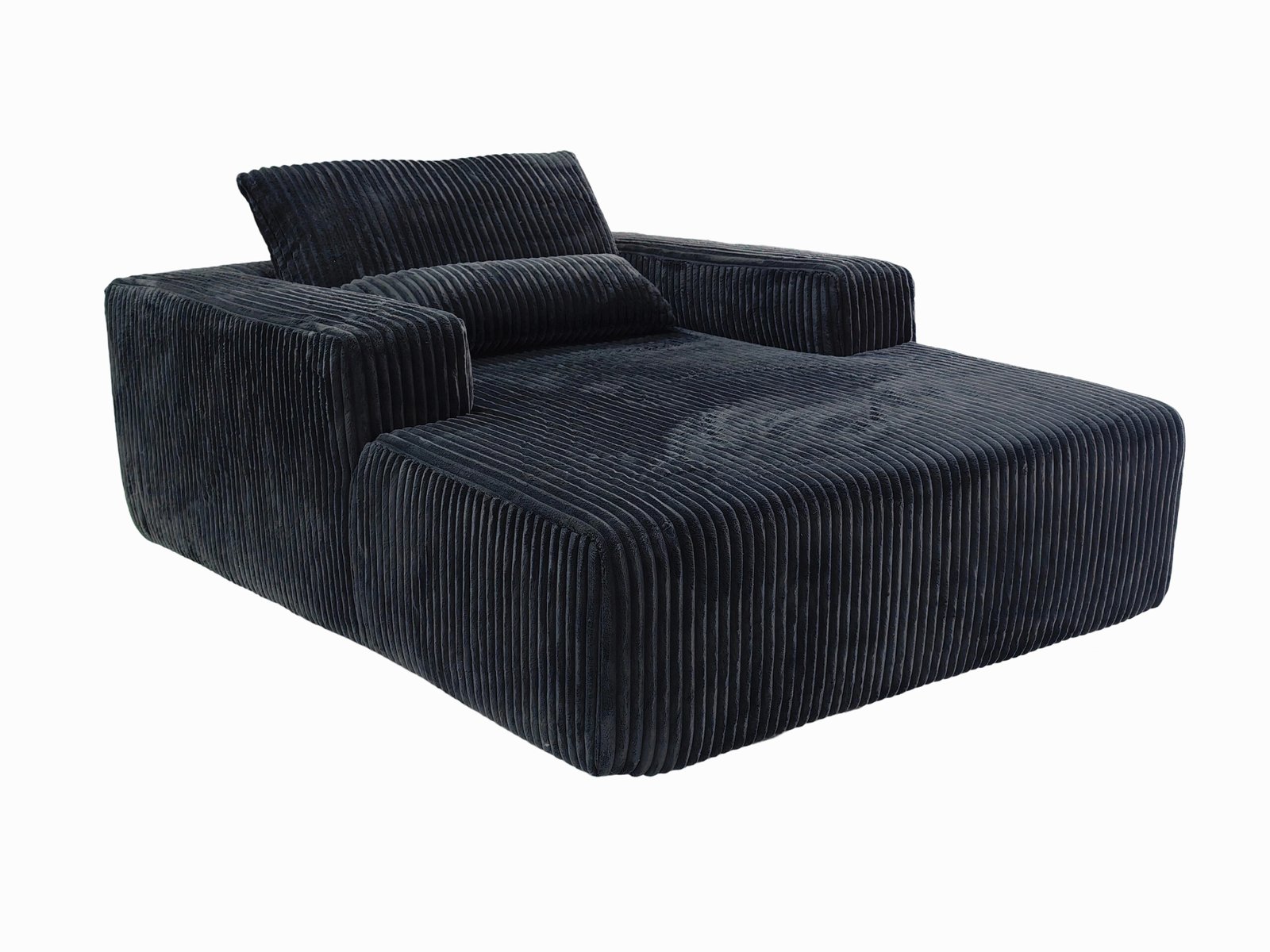
We’re all trying to reduce waste—without reducing quality.
Yes—HSM uses recyclable cardboard, biodegradable wrap, and compression techniques that reduce carbon emissions during shipping.
Eco-Benefits of Our Packaging:
- Less space in containers = fewer trucks or trips
- Up to 40% reduction in packaging material volume
- Use of soy-based inks for labeling
- Recyclable and reusable boxes
This eco-conscious approach helps our partners and clients meet sustainability standards.
What do the labels and markings include?

Proper labeling prevents mishandling—and makes your unboxing experience smoother.
Each package is marked clearly with orientation signs, handling symbols, QR tracking codes, and customer information.
You’ll usually see:
- 📦 “FRAGILE – HANDLE WITH CARE”
- ⬆️ “THIS SIDE UP”
- 🔁 QR code for tracking or assembly video
- 📋 Product model number & delivery note
Labels are multilingual for international shipping, ensuring handlers worldwide understand how to treat your sofa.
Conclusion
Compression sofa packaging is more than just boxing a couch—it’s a carefully engineered process that protects your investment and improves your delivery experience. Compact, secure, and sustainable, it’s how smart furniture reaches modern homes—without the stress.